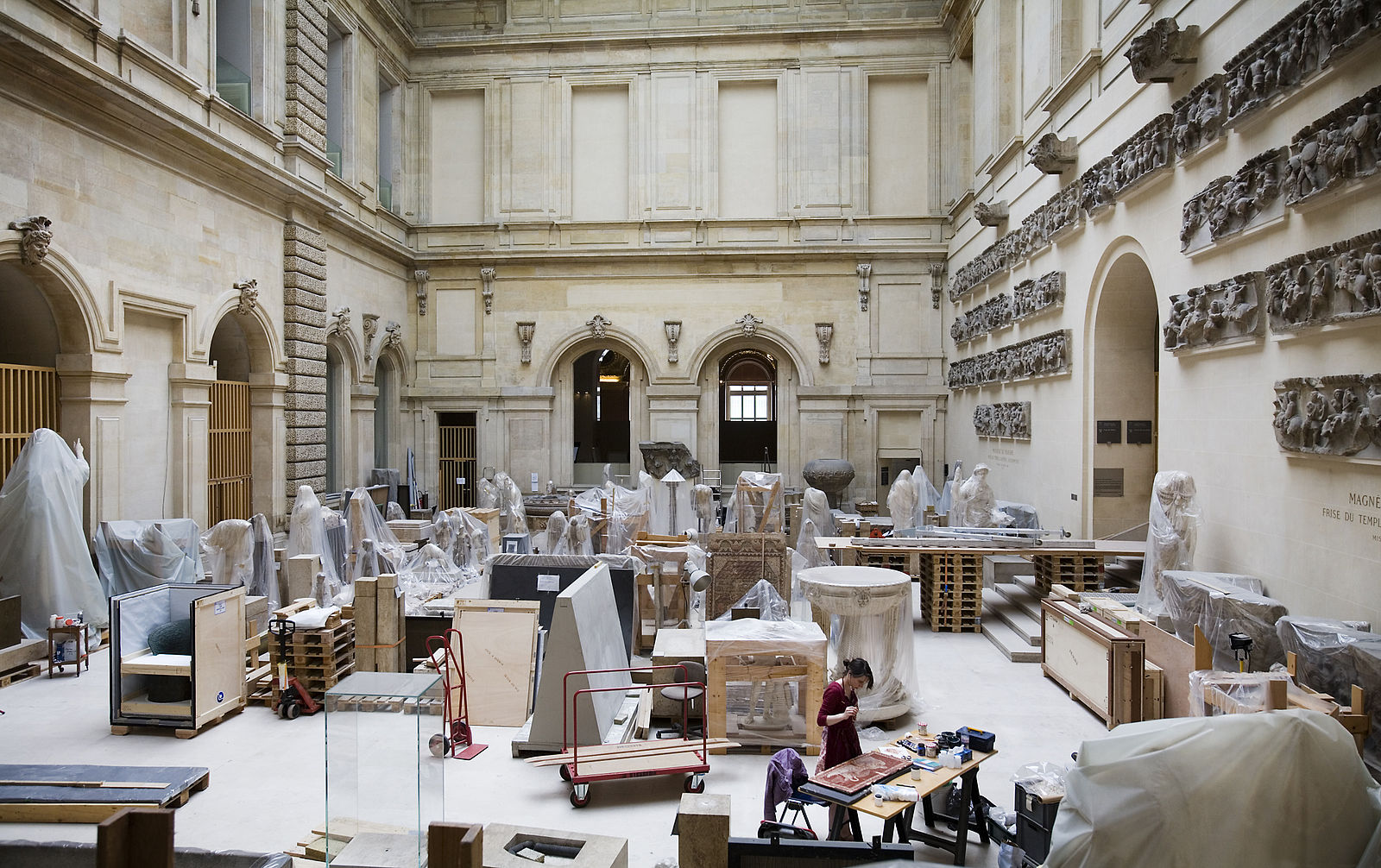Abraham, Isaac, and Jacob are often viewed as a trio. The Amidah, the central prayer recited three times a day, talks about “the God of Abraham, the God of Isaac, and the God of Jacob.” Yet in the book of Bereshit (Genesis), Isaac isn’t really his own unique character. We can think of a variety of stories that focus on two of the patriarchs: Abraham travels thousands of miles to follow God’s very vague command to leave his home, founds monotheism and becomes the progenitor of three major religions, argues with God about the destruction of Sodom and Gomorrah, fights in a war, and nearly sacrifices his son. Jacob tricks his father and his brother into receiving his father’s birthright and blessing, gets tricked by his uncle into marrying Leah instead of Rachel, dreams of a ladder to heaven, wrestles with God, changes his name to Israel, and ends up going to Egypt with his children who become the ancestor of twelve tribes.
But Isaac? He’s generally defined by his relationship with his father and with his children. He’s the object of Abraham’s attempted sacrifice and he’s the mark in Jacob’s trickery. And in the only chapter in the Torah that focuses on Isaac as his own person, he often simply repeats what Abraham had done – pretending that his wife is his sister, and re-digging the wells his father had placed when he was alive.
Many of us celebrate the innovator, the doer, the one who strikes out with a new idea, hoping to change the world. Yet we often forget how important it is to be the continuation of a chain of ideas, even if we are simply building off of others.
As Rabbi Sarah Mulhern wrote:
Very few, if any, of us will be Abrahams. We will not be Cesar Chavez or Eleanor Roosevelt. We will probably not come up with the earth-shattering new paradigm, we will probably not be the hero whose actions and words upend humanity’s understanding of itself. And that can sometimes lead us to assume that our activism is trivial. Unimportant. Boring. Derivative. Just like Isaac.
We are wrong. Our activism is crucial precisely because we are like Isaac. Because we do the slow, painful, fantastic work of re-digging the wells – making sure that the most important ideas of preceding generations don’t fade from memory, making sure they get translated for our time, making them real in the world. Like Isaac, we can and must make sure that the work of justice is bigger than one or two great heroes, that our most cherished values make the crucial and fraught transitions from radical insight to movement to structural reality.
We often feel restless with the state of the world – indeed, over the few years or so, incumbents in most democracies have lost their elections. People are dissatisfied with the world (or at least their experience of the world), whether that is economic upheaval, rapid cultural changes, or social injustice, and some people want to upend the status quo and start from scratch. It can be tempting to want a revolution.
But for real, lasting change, evolution is better than revolution. Building on what exists, improving on the margins, and testing to see how policies create unintended consequences allow for the stability that’s required to effect change.
That’s the part of Isaac’s personality that’s to be celebrated in our liturgy. Abraham and Jacob changed the world. But Isaac was the glue. Each patriarch had their own relationship with God: The Amidah doesn’t say “the God of Abraham, Issac and Jacob,” but rather identifies God as “the God of Abraham, the God of Isaac, and the God of Jacob,” allowing each of the generations to build on the previous ones. Indeed, in the Reform and Conservative movements, we also often include “the God of Sarah, the God of Rebecca, the God of Rachel, and the God of Leah” because the matriarchs, too, had their own connections to God.
We also talk about “Our God,” our relationship with the Divine, separate from theirs. We don’t start from the beginning. We celebrate being the link from the past to the future. Even if we’re not theological innovators, there’s enormous value in preservation, as well. There is a balance between the old and the new. Remember: Tried and true is often better than shiny and new.

Rabbi Geoffrey A. Mitelman is the Founding Director of Sinai and Synapses, an organization that bridges the scientific and religious worlds and is being incubated at Clal – The National Jewish Center for Learning and Leadership. He was ordained by the Hebrew Union College-Jewish Institute of Religion and served as Assistant and then Associate Rabbi of Temple Beth El of Northern Westchester. In addition to My Jewish Learning, he’s written for The Huffington Post, Science and Religion Today, and WordPress.com. He lives in Westchester with his wife, Heather Stoltz, a fiber artist, and their daughter and son.

